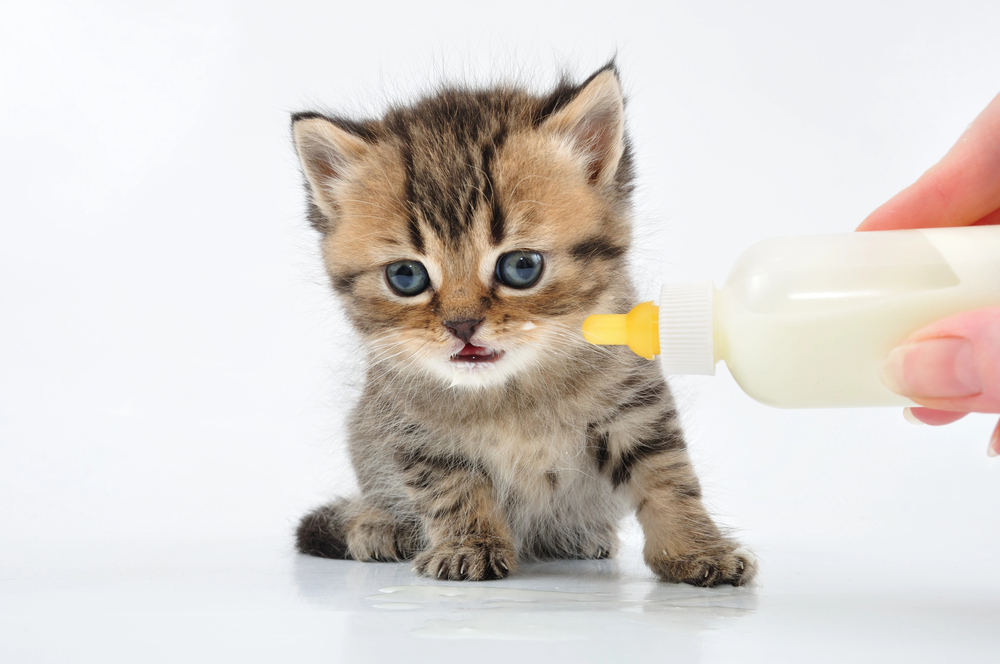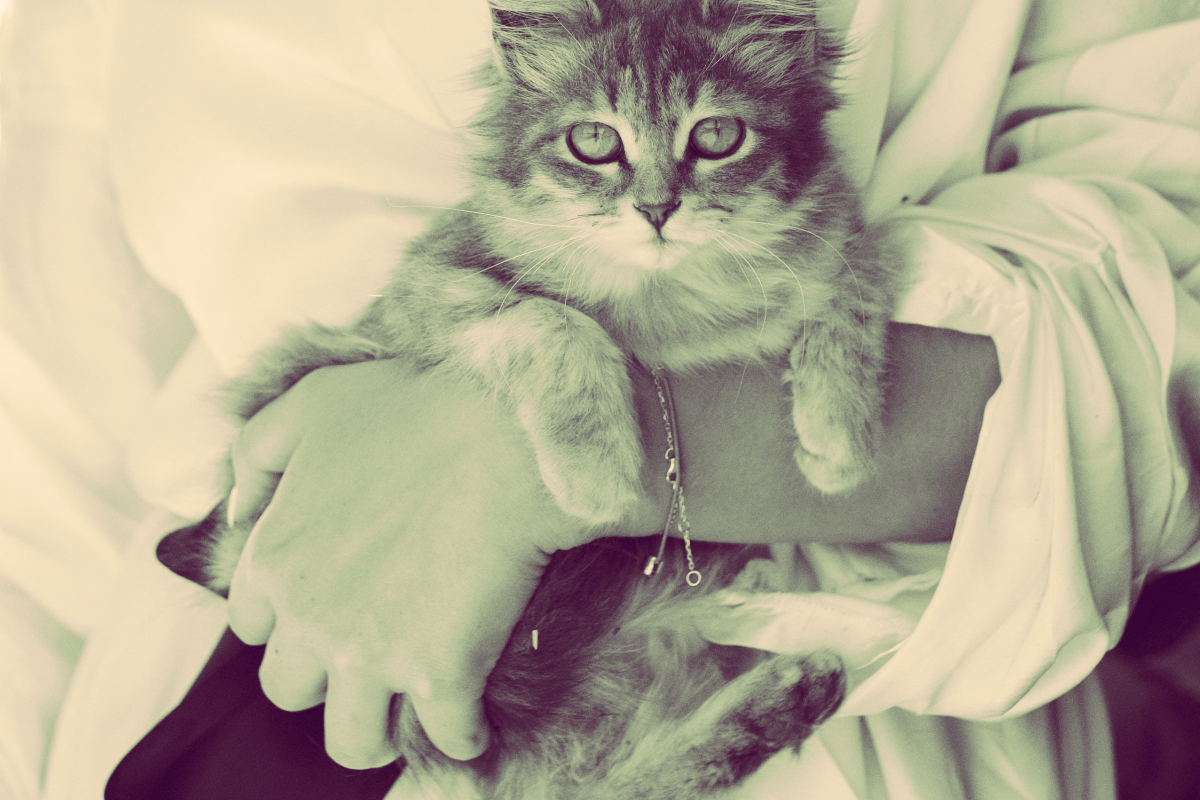

"Why am I having a transference?"
Here's the main reason
You are having a transference because during your early years you didn't have either the 'just right' experience (or enough of the right kinds of experiences), for your brain to feel completed on a specific stage(s) of emotional development.

The question of why transference happens begins in our infancy and childhood owing to emotional stages of development that are missed or incomplete. Thankfully, we can make up for it later.
Transference happens in therapy (and other important relationships) to meet a normal - though as yet - unmet neurobiological need in your emotional development.
In essence, transference is the brain's attempt to complete what was missed earlier on.
Prerequisite: Understanding why transference happens is first and foremost, recognizing that you're being triggered by implicit memories. It's literally by working through your triggers that you'll get through a transference.

Dr. Susan LaCombe, Rebel Shrink & Psychologist
You're welcome to read this sample post from my online program called Therapy Bootcamp.
Therapy Bootcamp is a patient's guide to transference.
By the time members get to this post, they've had lots of practice using the strategies and tools I mention. (Case examples are missing.)
Please note that you may come across terms that are not defined here as they are described elsewhere in the program.
This work requires an Intermediate Level understanding of the Bootcamp approach to addressing the root of transference.
The brain is organized to develop as we grow
From day one, the brain is organized neurobiologically to have certain experiences along a timeline and at very specific stages of its development. Without these experiences the brain area in question will not function fully.
Some of these stages have "windows" that are time specific. If you miss the experience to fulfill the normal growth of that brain area, there's no going back - not in the same way at least.
At that point, what you can achieve is only a minimal adaptation. For example, if you miss learning to see because of cataracts and then later have them removed after puberty, your vision will not be 100% despite your eyes now being physically perfect.)
However, other brain functionalities like some of our attachment needs, can thankfully, be met later.
From an evolutionary perspective, when our developmental milestones are achieved we're more adaptable. We function optimally and this helps perpetuate our species.
Let me share a story that might help explain the importance of these experience-dependent adaptations.
The evolution of our developmental needs
I live near an eagle reserve and there's often two large eagles sitting atop a tall, dead fir tree a little ways from my front of yard. One year I had to endure three days of a young eagle bleating it's heart out.
What could be the matter?
I was to learn from my neighbor - a naturalist - that it likely had been tossed out of the nest. It was clearly too big to be dependent on Mom and Dad.

Ah, I heard myself say, "Yes, it was a good-sized eagle at that". The thought ran through me that if the bleating had changed it's mother's mind, I could imagine that young eagle might never learn to fend for itself.
It needed to get good and hungry and possibly lonely, to search out the food and companionship it required. The "suffering" was in the service of a greater good.
I imagine the mother as well had a to somehow turn off her mothering instinct. This was after all, three days of her "baby" crying.
Apparently, eagles raise a brood once a year. Living in my neighborhood for almost a decade, it's odd this was the only year I had heard a young eagle's pleas. I wondered why then that the youngster was sent on its way quite late.
Was it possibly an early trauma that had impaired the young eaglet's development that it required a longer time with its mother? Or had the mother/father clung onto its offspring for needs of their own and had inadvertently delayed in pushing the fledgling out of the nest?
Given the high risk lifestyle in the course of any animal's growth thankfully nature had prepared most species to anticipate such occurrences.
The human brain is a tad more complicated than the brain of its winged neighbors but it's driven by similar survival imperatives.
Over the last few decades neuroscientists have discovered there are solid "reasons" for certain processes even if they initially appear inefficient.
Yes, we get many chances to get it right.
Transference is one such "make-up" process in the service of the "greater good".

Our early development is characterized by emotional and physical milestones
What might appear as needless suffering as many transferences appear to be on the surface, is an attempt at the brain to meet its neurobiological imperative after the fact.
In other words, we need our brain to work optimally to ensure our survival when we leave the nest.
Transference: you're trying to complete a normal emotional stage of development
A client once complained to me that she'd awaken in the night to her new kitten sucking on her finger.
She found it repulsive and would pull her hands back under the covers. In frustration she locked her bedroom door until the meows became too loud.

It was confusing because the kitten wasn't starving. She was eating the food my client had lovingly laid out for her.
I explained that the kitten had probably been weaned a little too early from the litter. She's following through a primitive directive, I added.

I suggested that she give the kitten as much time as she needed to suck on her finger. She was a bit reluctant but agreed. Sure enough within days, the kitten stopped.
The sucking behaviour stopped because the kitten's natural instinct had run its course.
The drive to achieve certain milestones is a neurobiological imperative. Think of transference is your brain running a program to complete a developmental milestone.
One important aspect is to know that it was triggered by certain elements and conditions that were present in the relationship. Indeed, this knowledge may help you move through it successfully.
Transference arises to fulfill an unmet developmental need. It's an attempt by your emotional brain to feel whole.
Transference in therapy can show up in myriad ways among them, fears related to disclosing parts of yourself, longings for a stronger connection or worries over any threat to losing the relationship.
Transference and your undeveloped needs
An instructor of mine used to explain how strong our primitive directives are. We'll do what we have to do to get to the next moment in time if it means surviving.

He'd tell the story of tadpoles in the desert. When the hot months begin and the watering holes start to shrink, the tadpoles grow up really fast so they can develop into full fledged frogs before the water runs out.
The problem is these "full fledged" frogs have trouble mating and producing baby tadpoles.
Moral of the story: when we miss important developmental milestones it has an impact on our survival.
Problem is, the effect isn't readily clear. We only know our existence as it is now. Like fish living in the aquarium, it cannot imagine a life without swimming in water. Likewise, we cannot imagine a different way of being.
Making transference therapeutic
What's important to understand is that just as we have cognitive levels of development, we also have emotional stages of development (ie. In terms of cognitions, we can’t teach numbers to one year olds because the brain isn’t ready for that yet. And in terms of emotional levels, infants can’t calm themselves down until they have enough experiences calming down with the help of Mommy or Daddy).
So transference then is about completing experiences you didn’t get enough of as an infant/toddler. You’re not flawed, damaged or crazy.
You didn’t get enough of what you needed. That’s it.
The key to moving through your transference is identifying what you need and then satisfying that need by creating experiences your brain can learn from (often with the help of your therapist).
Why do so many never resolve their transference?
First, it's important to understand that few clinicians are trained specifically in working with transference. Based on my experience with clients who seek consultations with me, it seems that many therapists offer only superficial acknowledgment of transference. They might reassure a client with statements like, "It's natural to have transference; it will eventually fade."
Such dismissive responses can undermine what could be a significant opportunity for personal growth.
Furthermore, even when therapists grasp the theory behind transference, many lack practical tools to help clients work through it more efficiently. There's an assumption that transference will resolve itself in the natural course of therapy.
In my experience, this assumption often proves false. Many people struggle with unresolved transference for years, without any clear path to resolution.
I believe that experiencing transference is meaningful. Your brain is searching for an experience it needs to achieve a sense of wholeness, and this should be a central focus in your therapeutic journey.
Resolving transference can make you more adaptable to your environment, deepen your connections with others, and enhance your self-contentment from a survival standpoint.
Now on the surface that might sound easy enough. However, if you're working on your own, it may pose quite the emotional challenge. Transference feelings are not easy to navigate.
Types of Issues Underlying Transference Relationships
What experiences were you missing?
This is not an exhaustive list - it reflects some of the emotional developmental stages we go through in our childhood. If we don’t get the experiences we need we may find ourselves struggling with these issues (not all of them mind you - only some).
Recall as well, that identifying your specific deficit isn't merely a matter of picking from a list. Only your inner wounding knows what's really needed.
Then you'll need to know what type of healing your brain will accept.
- Do you find yourself taking things personally when you know the comment wasn’t meant to be that way?
- Do you have a hard time telling your partner, friends, family members what you need?
- Do you have a hard time saying “no”?
- Do you get quite picky when things are given to you or done for you but not in the exact way you needed?
- Do you have a hard time taking initiative at home? At work?
- Do you avoid asking for help when you need it?
- Do you have to mull things over before you say something to someone.
- Do you avoid conflicts? Are you overwhelmed when you feel angry?
- Are you overly compliant with authority figures?
- Do you feel like a child sometimes when others seem like adults?
- Do you have a hard time completing things?
- Do you change your mind a lot about what you want to do with your life?
- Do you chronically go on tangents when talking about something? ie. Never quite finishing a topic.
- Do you feel the opposite sex is another species? ie. You’re slightly or a lot afraid of them.
- Do you get squeamish around sex?
- Do you pooh hoo romance?
- Do you push yourself hard but never feel you deserve anything you get?
- Do you find yourself in situations where you feel like a martyr or a victim?
You might ponder on these concepts during quiet reflecting moments in your day. You may find they provide another opportunity to work through your transference at another level.
Resolving your transference
In my experience, addressing transference in therapy can often feel like a hit-or-miss endeavor, but it doesn’t have to be. The key lies in first identifying the specific developmental need that requires healing.
Next, you must seek the precise kind of experience necessary to resolve the transference effectively.
It's also crucial to understand what is essential for the brain to accept this type of learning. Without this knowledge, you may convince yourself that you've resolved the issue when, in fact, it remains.
When you successfully work through your transference, you may still be fond of your therapist, but the obsession fades. They no longer hold power over you, and their words don’t feel personal.
You begin to see your therapist as they truly are, rather than through the lens of your own unmet needs or desires.
Reference
Transference and countertransference: Opportunities and risks as two technical constructs migrate beyond their psychoanalytic homeland, [PDF] Robert King and Tom O'Brien. 2011.
Contains good real-life examples of transference and countertransference.
New! Rate this article (anonymously)
Was this article helpful to you? Let others know.
Thanks in advance for your feedback
Dr. Susan LaCombe, Rebel Shrink
Related Topic
Wondering what Therapy Bootcamp is all about?
Transference can be overcome. In Therapy Bootcamp you'll learn what's essential in identifying the exact experiences you need in order feel that you've completed a developmental task (the roots of transference). This endeavor is balanced with the knowledge of how best to change the brain.
The goal is to feel you're no longer obsessed with your therapist. You may still think of your therapist, but this is no longer an everyday preoccupation with you.
The work includes learning how to mine your emotions for key information about emotional beliefs and unmet needs from childhood.
Then you'd proceed by creating and providing yourself corrective emotional experiences that will complete your transference.
There's some essential conditions where the brain learns best. You'll need this information as well.


